2021 – Virtual Conference
After Covid? Critical Conjunctures and Contingent Pathways of Contemporary Capitalism
Learn more about the KHK/Centre for Global Cooperation Research, the IAQ, and the DIFIS
Conference Theme Overview
The Covid-19 pandemic challenges all kinds of taken-for-granted assumptions, within and between contemporary capitalist societies. Not only is the Covid-19 pandemic predicted by the IMF to lead to the most severe global economic downturn since the Great Depression, likely to overshadow the recession following the financial crisis of 2008. The pandemic has also disrupted and overturned deep-seated practices in our everyday life worlds; it has shaken long-established ways of organizing in companies, industries and global supply chains; and it has provoked a questioning of established growth models and sparked a return of the state, at least in some parts of the world. One might even argue that the “less is more” logic of social distancing and stay-at-home policy, together with the high uncertainty about future development, is threatening ideational core beliefs of neoliberal capitalism, ranging from global free movement, free play of markets, and unlimited exploitation of nature, together with the imaginaries and expectations built on them.
At the same time, the pandemic has exposed the fact that contemporary societies are always as vulnerable as their most vulnerable groups. While the socio-economic impact of the pandemic varies from country to country, it has struck the weakest groups disproportionately and is likely to increase poverty and inequality within countries and at a global scale. Not only have people of color and slum dwellers been exposed to higher rates of infection and death; in many societies, workers in essential services such as care, retail, transport and others, belong to the weakest, often discriminated groups with low incomes and feeble or no social protection. But the pandemic has also made visible the mutual interdependence, obligations and need for recognition between members of societies, generating broad societal resonance for the protests of the most vulnerable against long-enshrined inequalities, discrimination and racism.
On these grounds, the Covid-19 pandemic represents a critical conjuncture of historical dimensions, which demands scholarly investigation of its causes, dynamics and consequences. While we have some knowledge of how the pandemic came about and who is immediately affected by it, we still know little about the broader pathways that may lead out of the crisis. Are we witnessing a series of events at the confluence of structural forces that limit future possibilities and shape future action? Or are we in the midst of a historical opening of possibilities for far-reaching transformation and change in which collective expressions of everyday life experiences and social mobilization within and across groups will foster creative organizational and technological breakthroughs, generate significant policy change or even push (varieties of) capitalism onto a different, and perhaps more sustainable pathway of socio-economic development? Comparing the current conjuncture with previous ones, such as the Spanish flu, the great depression or the global financial crisis, also raises questions about the depths of its effects. Will the organization of work and family life, patterns of production and consumption, regimes of discrimination and recognition, environmental footprints, and global division of labor just snap back once Covid-19 has been overcome? Or will the pandemic have set in motion processes of gradual but transformative change at the level of the economy, group and inter- group relations, forms of organization, institutional configurations, and national and global policy?
Because the pandemic has cut so broadly and drastically into everyday practices, its analysis calls for scholarly inquiry into the intersection and reciprocal influence of different levels of experience and action that have often been considered in isolation: individual and collective life worlds; social mobilization and inter-group relations; organizational and network dynamics; and the evolution of national, sectoral, and global institutions. For example, how have the redrawing of boundaries between work and family life, or the experience of suddenly being recognized as an “essential” occupation, shaped the way in which people collectively think about possible change, and if so, how does this translate into organizational, institutional and policy transformations? How has the pandemic refracted and amplified the resonance of longstanding protest movements, such as Black Lives Matter, and through which channels and with what consequences is this enhanced resonance feeding back into institutional and policy change?
The SASE conference to be held virtually on 2-5 July 2021, will feature as usual papers on all issues of concern for socio-economics. But we especially welcome contributions that explore the ways in which the pandemic challenges key features of contemporary capitalist societies; the variety of pathways of socio-economic development emerging from the crisis; and the multidimensional, cross-cutting patterns of transformation or restoration resulting from critical conjunctures, past and present. SASE’s current members are uniquely positioned to offer a broad range of disciplinary and methodological perspectives on these themes, but we hope to also attract new scholars to join our conversation.
Established in 1989, SASE owes its remarkable success to its determination to provide a platform for creative research addressing important social problems. Throughout its three decades, SASE has encouraged and hosted rigorous work of any methodological or theoretical bent from around the world, based on the principle that innovative research emerges from paying attention to wider context and connecting knowledge developed in different fields. SASE is committed to a diverse membership and lively intellectual debates and encourages panels that include or are likely to include a diverse group of participants.
President: Sigrid Quack (sigrid.quack@uni-due.de)
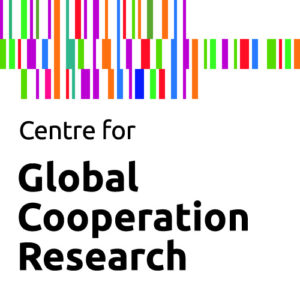
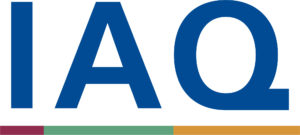
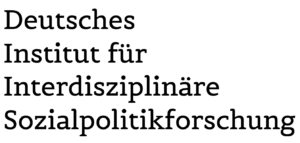






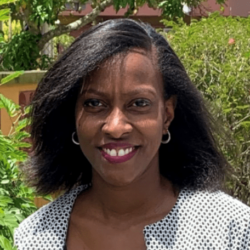



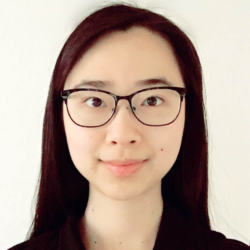



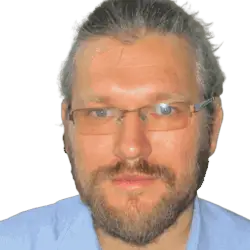

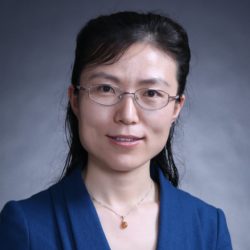

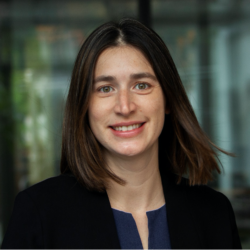

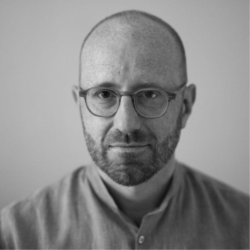
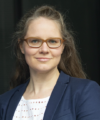
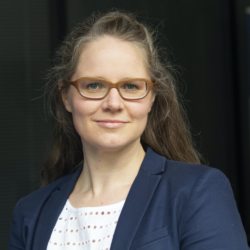

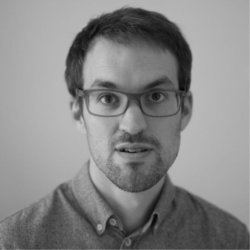





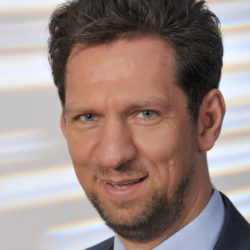













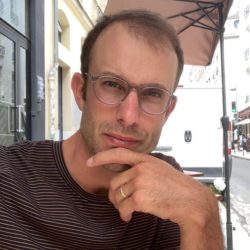

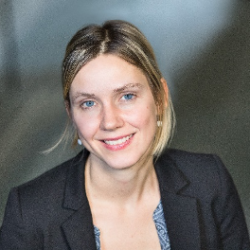

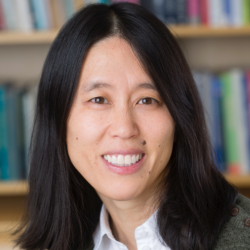

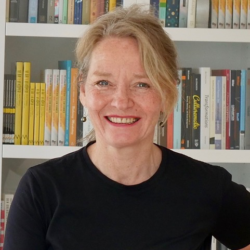

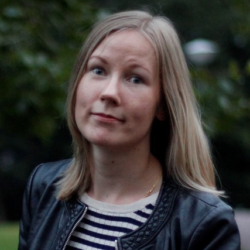
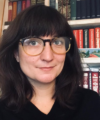
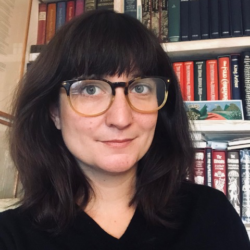

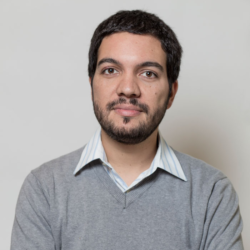



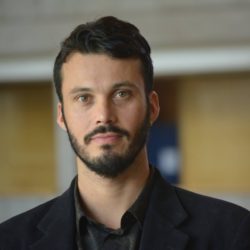







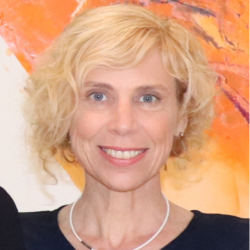
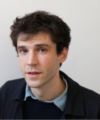
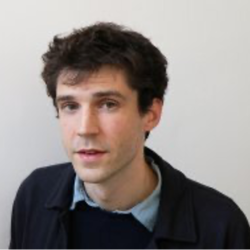

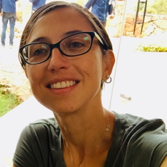





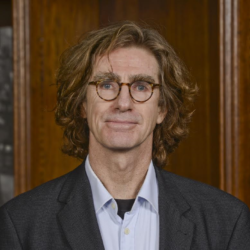

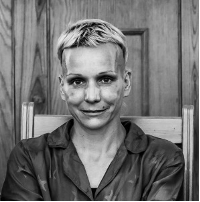


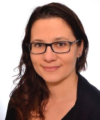
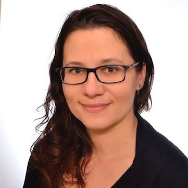



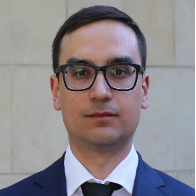

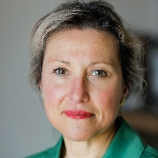




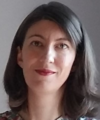
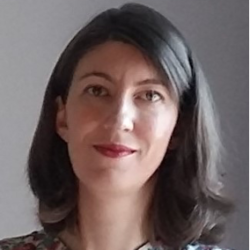



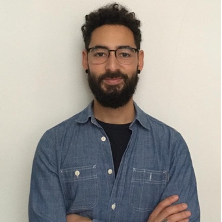



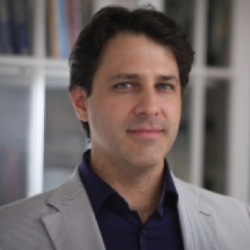





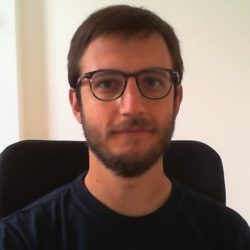





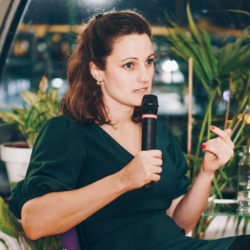

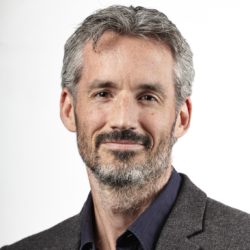
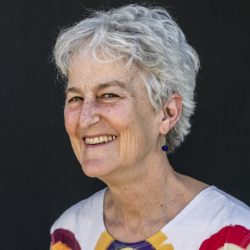



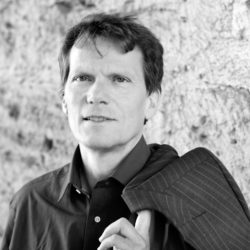

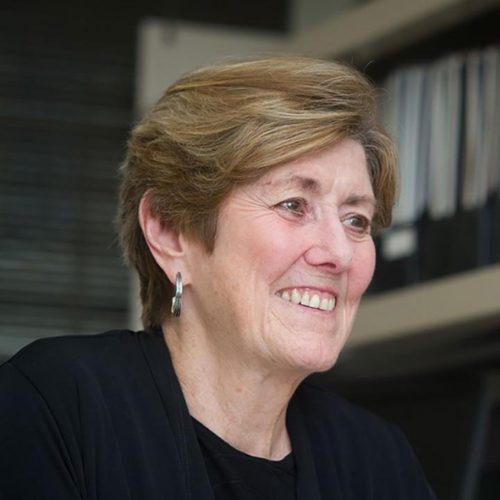
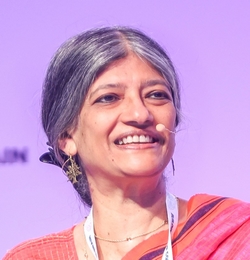
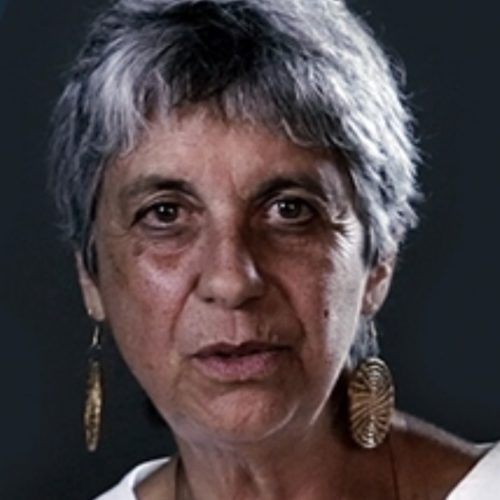
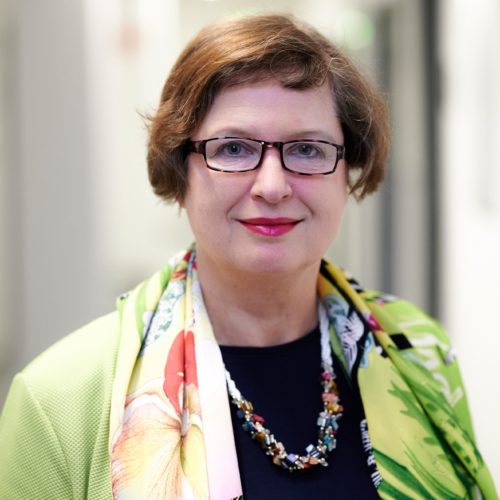
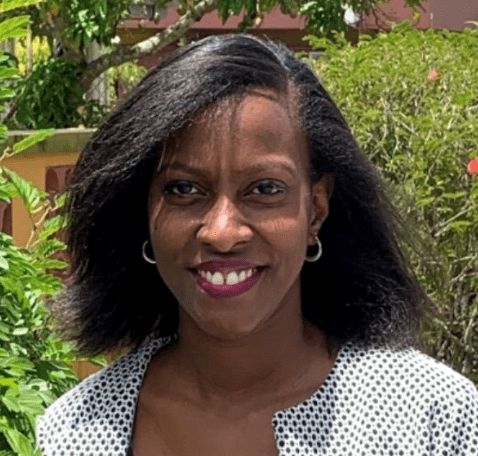
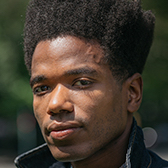
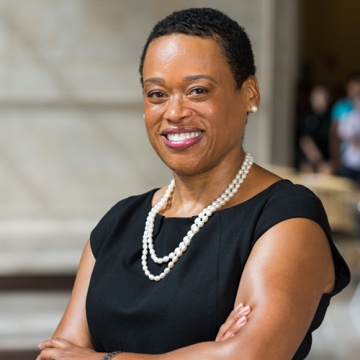
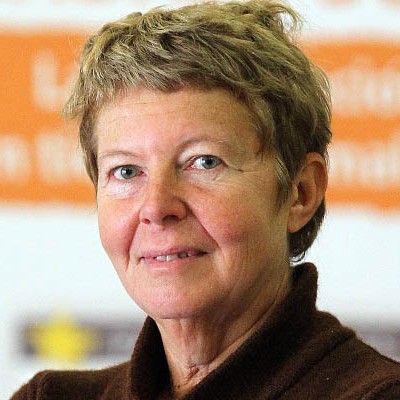
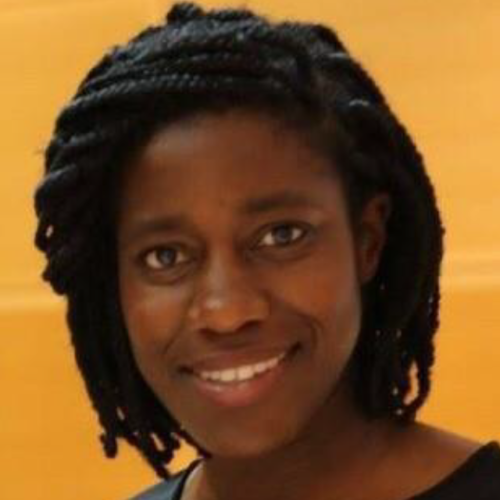

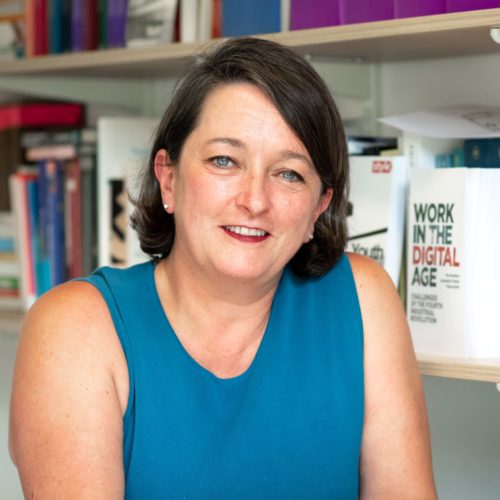
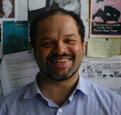

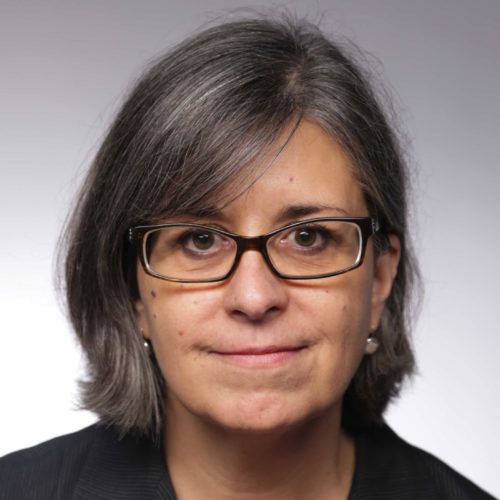
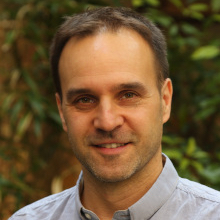
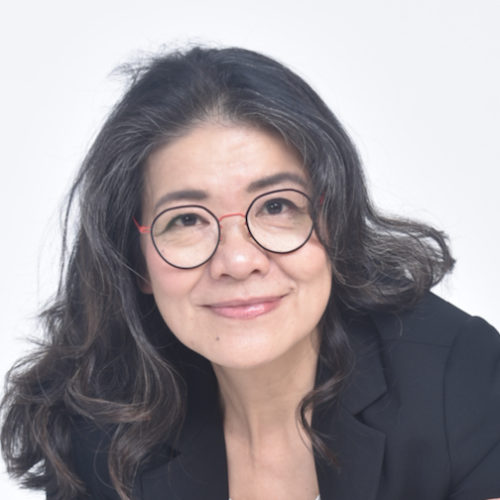
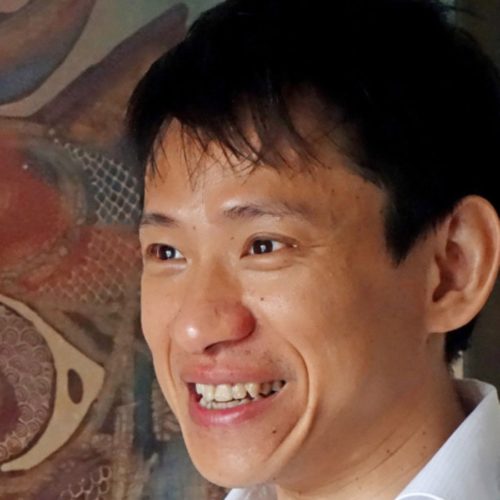
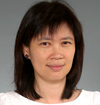
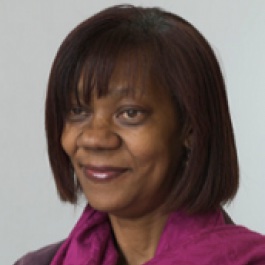
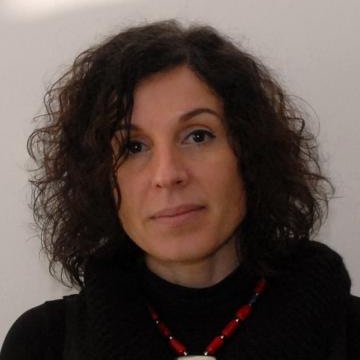
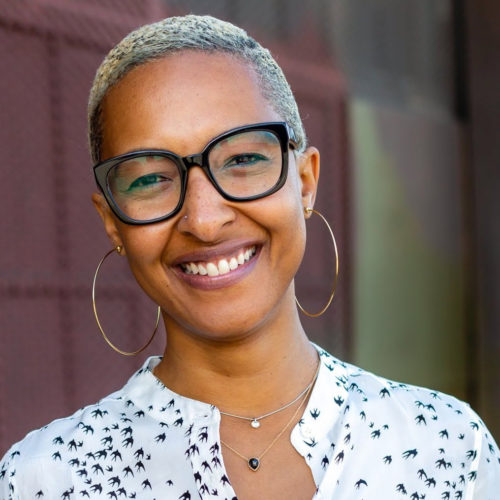

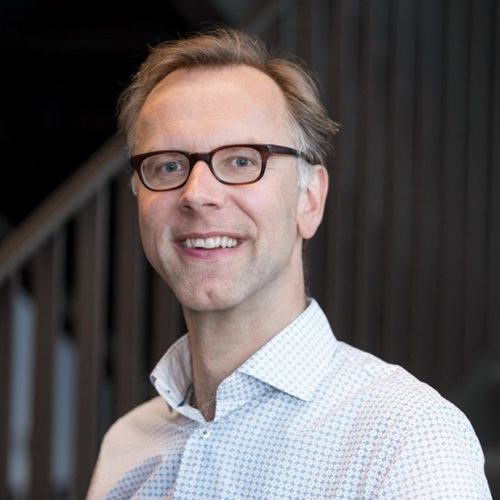
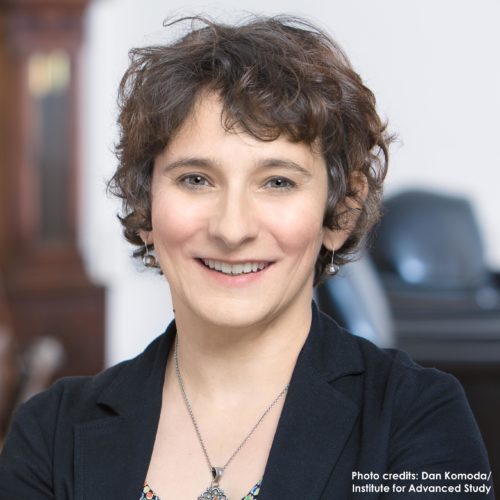
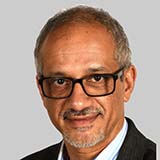

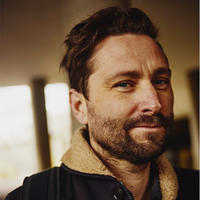
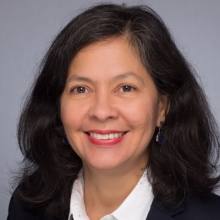
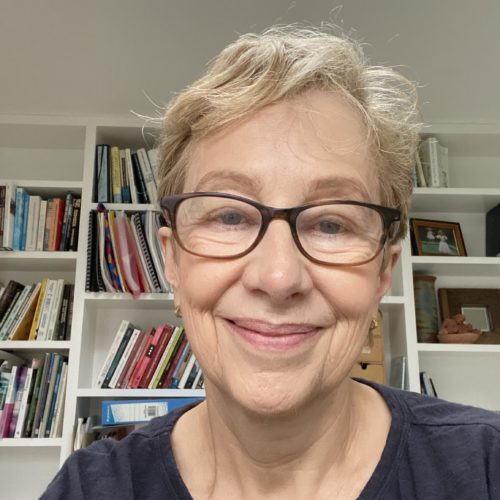

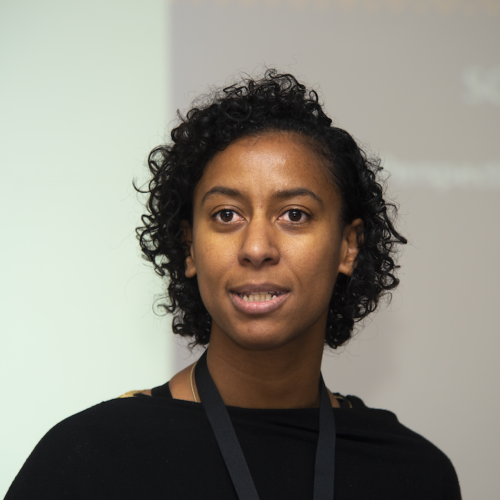
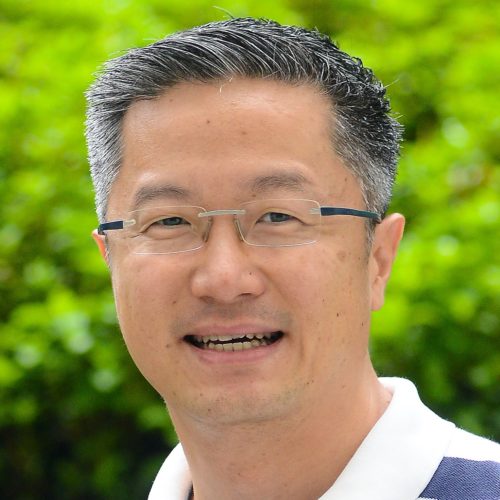


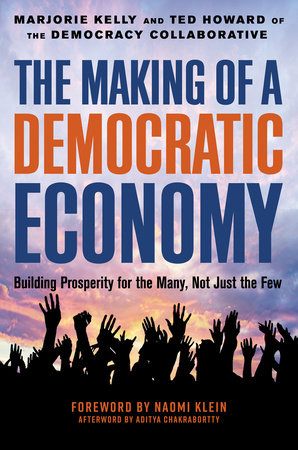
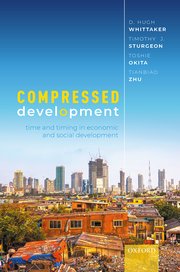
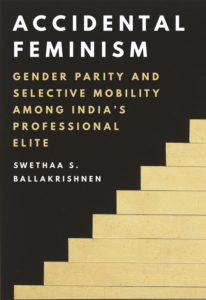
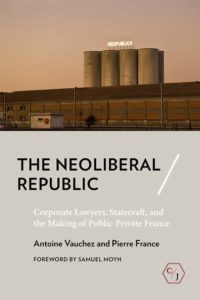
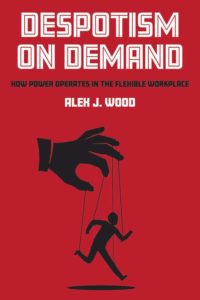
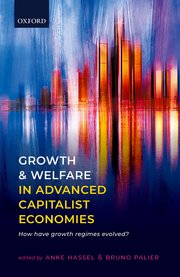

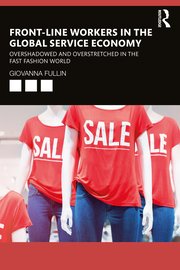
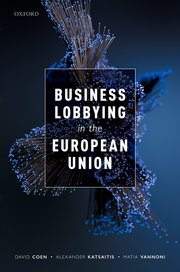
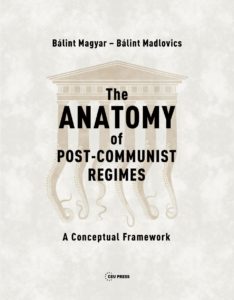
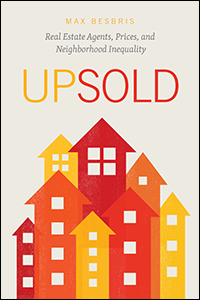
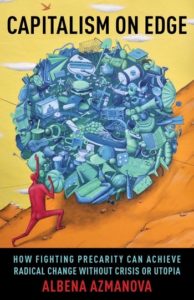
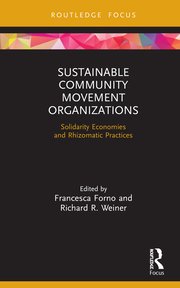
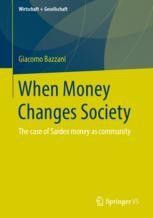
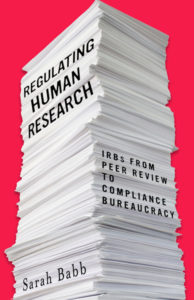
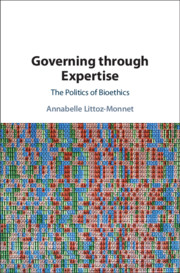

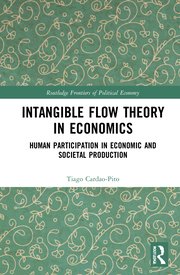
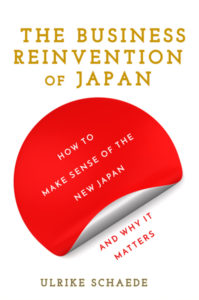
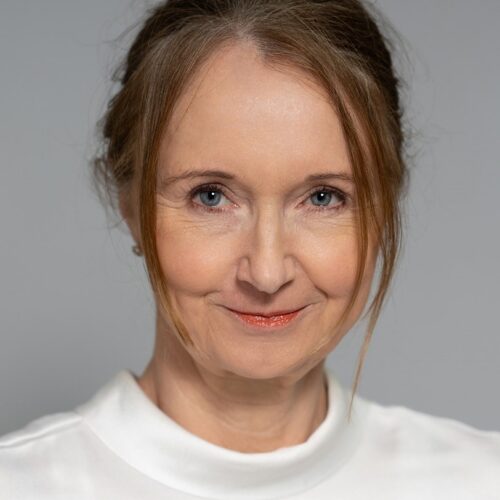
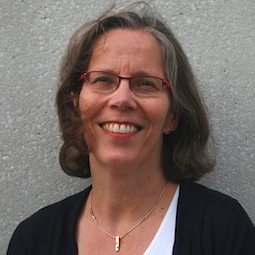
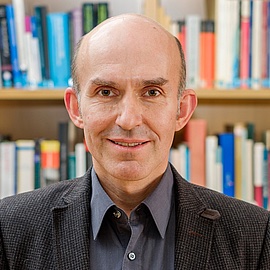


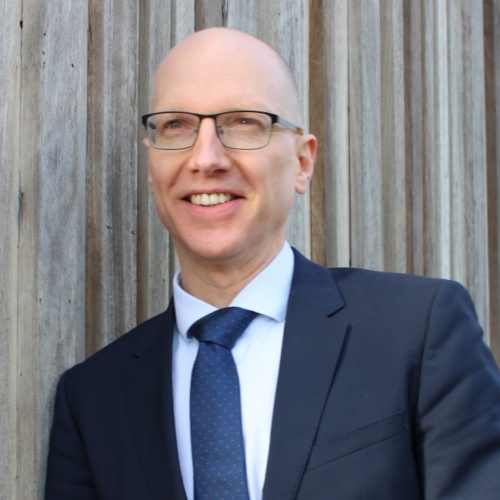

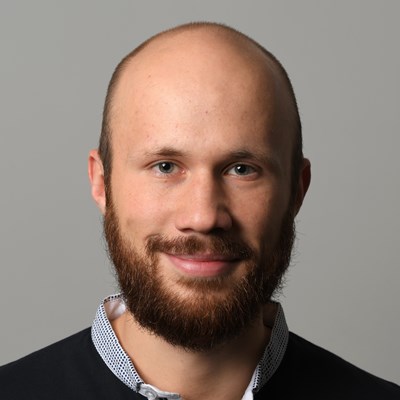

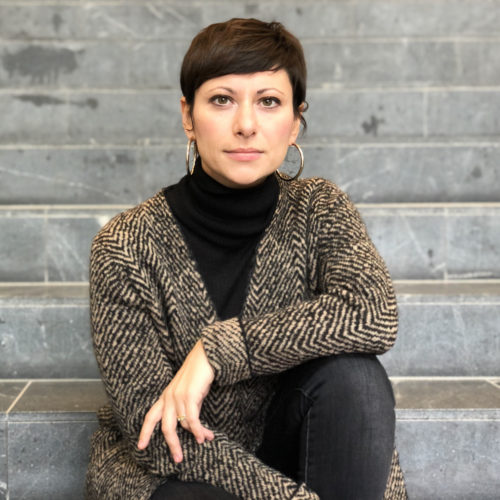
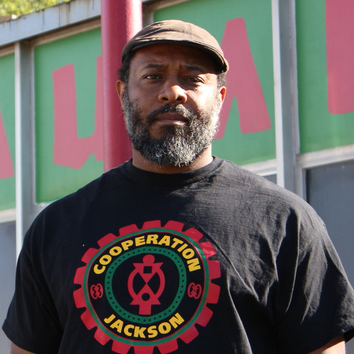

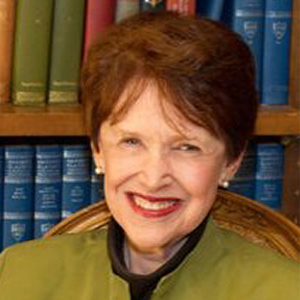
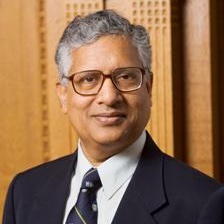
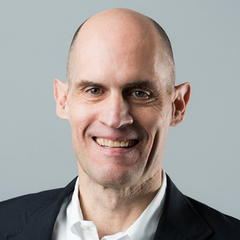

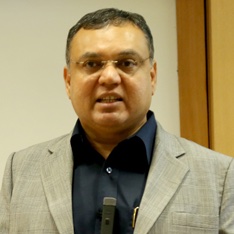


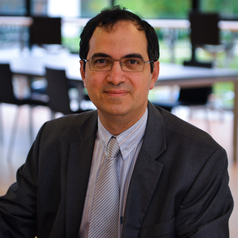

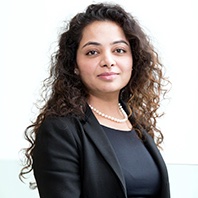


Social Sciences for the Real World
SS4RW – 2021 – About Time! The Commodification of Time, Labor, and Well-being in the Modern Economy
2pm-3:30pm EDT (8pm-9:30pm CEST)
Friday, July 2nd
Capitalism and time have been closely intertwined ever since the industrial revolution. As a modern mode of production par excellence, capitalism is based on the modern notion that time belongs to the individual rather than to God. Time is a resource and can be turned into a commodity. Time can be bought and sold. This understanding has driven capitalist development from its very inception: From the development of the assembly line in the late 19th century, Frank and Lilian Gilbreth’s (in)famous time and motion studies, to Ford’s conveyor belt, proponents of capitalist mass-production have taken the adage ‘time is money’ literally. The result has been ever increasing efficiency and productivity in industrial production, but arguably also alienation, fatigue, and reduced worker well-being.
While counter movements – such as the Human Relations school – have sought to shift the humanity of workers and their needs back to the centre, ‘scientific management’ and its obsession with efficiency and hence its focus on time as a resource to be optimized has not abated and indeed extended to new sectors of the economy, including professional services, hospitality, and most recently the so-called ‘platform economy.’
The commodification of time under capitalism has implications beyond the workplace: Increasing demands on employees to be productive and efficient poses new challenges on our ability to balance the amount of time we dedicate to our work and to our life outside work. Time management techniques are meant to help us achieve an acceptable work-life balance; at the same time they extend the ‘duty to be productive’ beyond the workplace into our private life.
Time and its management is also not independent of an employee’s socio-economic condition. The time spent on degraded public transportation networks due to underinvestment in public infrastructure, reduces the time at the disposal of those who already have to work overtime, double shifts, and sometimes several jobs; while more privileged groups in society have the luxury of flexible hours and home working. Similarly, the middle-classes in advanced economies are in the privileged position to claim reduced weekly working hours without significant impact on their material living standard; while the least privileged in these same societies are kept in the limbo of precarity, shackled to zero-hour contracts that transfer control of their time to the employer. As such, time is tied up in the inequalities of the modern economy like other resources.
Social Sciences 4 the Real World 2021 brings together practitioners and academics to discuss issues around time in the modern economy and their impact on employee well-being. The panelists will discuss issues of the undeniable need to manage one’s time to increase well-being, the impact of socio-economic inequalities on our ability to do so, and more fundamental issues around the commodification of time in the increasingly digitized modern economy.
About Time! The Commodification of Time, Labor, and Well-being in the Modern Economy
Speakers: Brad Aeon (Director, Time Research Institute), Ryan Hagen (Columbia University), Sonya Stokes (Icahn School of Medicine at Mount Sinai)
Chairs: Imran Chowdhury (Wheaton College)
We would like to encourage participants to send us ahead of the session their general questions on the topic or specific points they would like to see speakers address. This will allow us to get a sense of what may be of most interest to the audience. Please e-mail them to G.Schnyder@lboro.ac.uk with SS4RW question in the subject header.